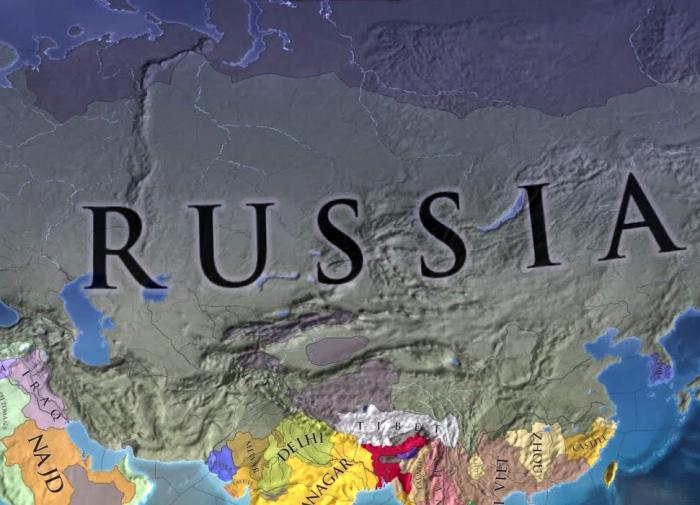Wars make Russia walk into the same trap over and over again
Russia has a very extensive history of military operations and wars. Russia has been successful in most of its wars, but the price was too high as too many lives had been lost. Therefore, our descendants need to remember the lessons that our ancestors left for us as a legacy.

Most of the threats that Russia had to deal with were coming from the south and the southwest. One of those campaigns took place in 1827-1828, when France and England pushed Russia into the flames of another war with Turkey.
General Nikolai Yepanchin combined his service in the army ranks with extensive scientific and teaching activities. He was also a member of the Military Historical Commission of the General Staff for compiling a description of the Russian-Turkish war of 1877-1878. He repeatedly criticised the military component of the Russian Empire, dwelling in detail on how the Russian army was prepared for military campaigns.
Russia walks into the same trap over and over again
General Yepanchin's contemporaries noted that his words about that period of time in Russian history were not only interesting, but also instructive. Military campaigns of 1828-1829, the Crimean War, the wars of 1877-1878 and the Japanese war of 1904-1905 showed that Russia had one big problem.
The Russian Ministry for Foreign Affairs was poorly versed in politics, and the Russian army had poor knowledge of what it was supposed to do in times of war. Cross-your-fingers mentality was typical of then Russian military leaders even though their plans were always ambitious.
It has been almost 200 years since that Turkish war. All sorts of Andrianopol treaties have fallen into oblivion, when kings with German blood in their veins would head Greek and Slavic states have become long-forgotten past. Little wonder then why all the former "friends" have become our "enemies" and members of the NATO military bloc.
Russia's conquests were not that significant then:
- fortresses of Akhaltsykh and Akhalkalaki in the south of present-day Georgia,
- islands at the mouth of the Danube,
- the Black Sea coast from the Kuban to the post of St. Nicholas, at the very border of Turkey to Poti.
The last conquest was purely symbolic, since in order to take possession of that territory, Russia had to wage war with Caucas highlanders for more than 30 years.
3 million rubles and 100,000 victims
For that "victorious" war of 1828-1829, the tsar spent as much as three million rubles and the lives of 100,000 Russians. Interestingly, direct losses amounted to about 3,000 people. It was diseases and claimed the lion share of lives in the first place.
Commander-in-chief of the Russian Army Ivan Diebitsch went down in history for his decisive military actions after the sluggish leadership of Prince Wittgenstein.
Tsar Nicholas I was delighted with the defeat of the superior forces of the Turkish vizier near Kulevcha and the brilliant passage of the army through the Balkans. The tsar showered Diebitsch with decorations: he got the title of field marshal, St. George Star, the Trans-Balkan title and a million rubles of reward. Ivan Diebitsch, once little-known Prussian cadet who came to Russia back in the reign of Paul I, became the first person of the Empire. Years later, he died of cholera.
On the eve of the Crimean War, the Turks reminded Russia of its miscalculations yet again. The large Turkish army crushed the garrison of the post of St. Nicholas — the border outpost, the defenders of which were fighting off the superior enemy to the end, having neither forces nor artillery. Most of the garrison of the post perished. But the Turkish army also lost the factor of surprise during the attack on the Russian Black Sea region.
Subscribe to Pravda.Ru Telegram channel, Facebook, RSS!


